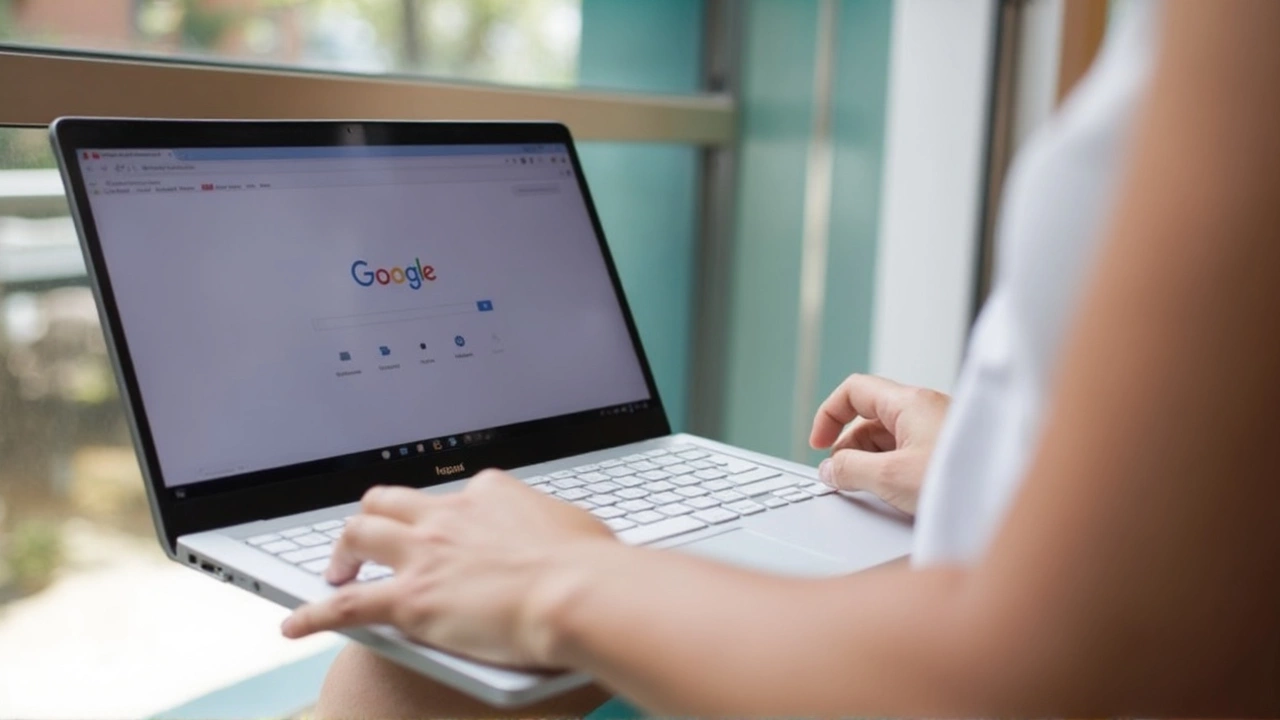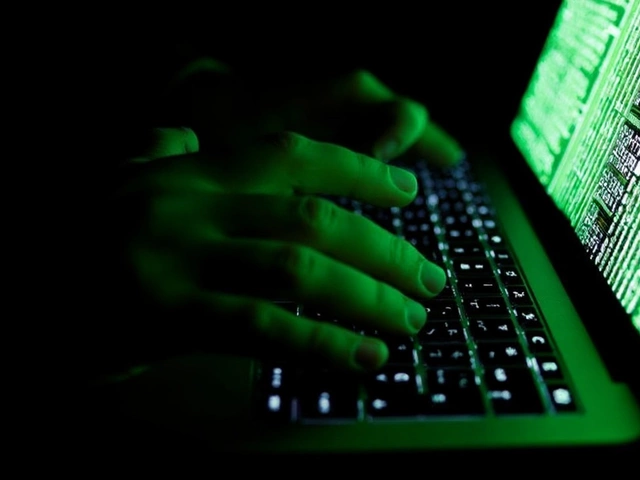It’s Not Just Numbers: Behind the 16 Billion Credential Leak
Imagine waking up and discovering your accounts—maybe your email, your favorite streaming service, or your online banking—could be in the hands of strangers. That’s not some far-off cybersecurity headline; it’s a reality for countless people after the recent leak that involved a jaw-dropping 16 billion stolen credentials. Cybernews researchers were the first to spot these massive datasets floating around, a digital Pandora’s box with credentials slurped up from who knows how many sources.
Now, let’s get one thing straight: neither Facebook, Google, nor Apple got hacked directly. But their users’ logins showed up in these collections, which means the thieves assembled data from previous breaches and leaked logins, mixing it all into a huge mess. A lot of those 16 billion records are duplicates—multiple copies of the same compromised stuff. Still, that sheer volume is enough to make anyone double-check their passwords.
I’ve been there myself—finding out through a random email that my details were floating around online. The feeling is a punch to the gut, but it makes you rethink your whole online life. If you’re reading this and wondering “Am I next?”, it’s time for some practical steps.

What To Do If You Think Your Private Data Leaked
First up: data breach is a term that gets thrown around a lot, but it’s more than news—it’s personal. Most people use the same 2 or 3 passwords everywhere, so when one of your logins gets scooped up, attackers can try it on tons of other sites. This is what’s known as credential stuffing, and trust me, it’s alarmingly easy for hackers to do. Here’s how I reacted, and what you should consider right now:
- Never use the same password twice. I stopped reusing passwords on any accounts—no exceptions. Every important login needs its own unique, complex passphrase. If remembering all those seems impossible, a password manager is your friend. It’s basically a safe for your digital keys.
- Turn on two-factor authentication (2FA) everywhere you can. This one is critical. Even if your password leaks, a hacker needs another code to get in—a huge barrier for them, a minor annoyance for you.
- Get rid of old accounts you never use. Remember that shopping site you registered for a decade ago to get a coupon? If you’re not using it, I recommend deleting it. Old accounts, especially forgotten ones, are a goldmine for hackers.
- See if you’ve been affected. There are public tools like Have I Been Pwned that flag if your email shows up in any breach. It’s eye-opening—the first time I checked, I saw my old work address on there and took swift action to close down exposed accounts.
- Stay alert for weird emails and texts. The scary part isn’t just the breach itself; it’s what happens after. Phishing attempts skyrocket after big leaks. Attackers use your breached details to try to fool you into revealing even more, or getting you to click infected links. I became paranoid, but it paid off—ignoring those odd messages saved me from falling into their traps.
- Keep tabs on your financial info. I signed up for a credit monitoring service for a few months after finding my data leaked. It gives you peace of mind that no one is secretly opening accounts in your name.
Businesses aren't immune either—a typical breach can cost them millions, not just in lost money but brand trust. For regular people like us, the risks are simpler but no less scary: identity theft, drained bank accounts, social engineering scams. It’s not paranoia; it’s self-defense.
If you’ve dodged this one, don’t relax just yet. Hackers thrive on old, insecure logins. This is the time to comb through your logins, tighten security, and stay on guard for scams riding on the coattails of leaked data. In our digital world, the only thing scarier than a giant breach is thinking you’re safe when you’re not.





